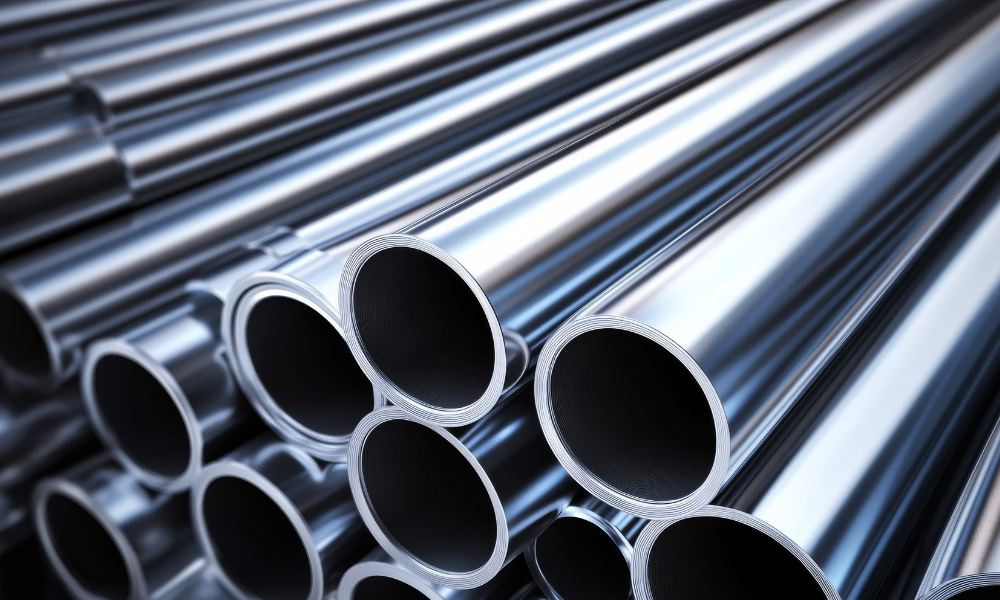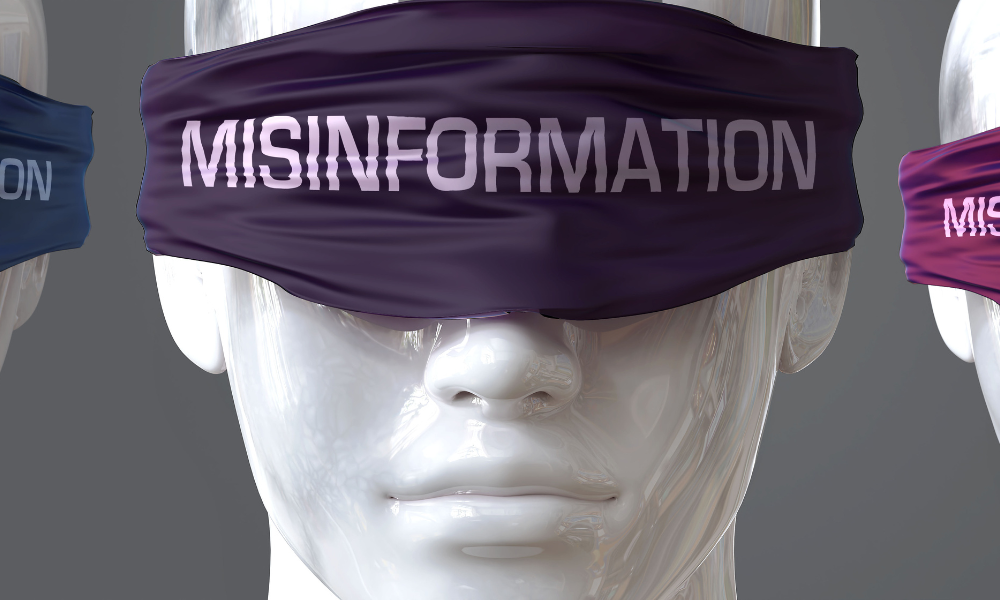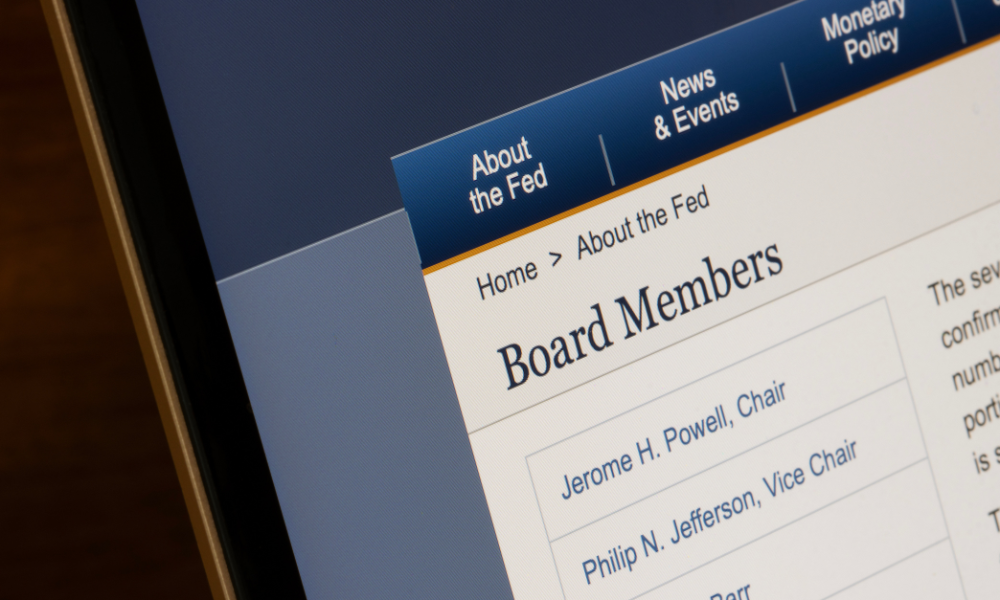Ottawa cuts foreign steel quotas and adds new tariffs amid industry calls for stronger protections

Foreign steel shipments to Canada will now face sharp reductions and higher tariffs, as Prime Minister Mark Carney moves to shield the domestic steel market in the face of escalating trade pressures from the United States.
According to Carney, Canada will lower tariff-free import quotas for countries without free-trade agreements to 50 percent of 2024 levels, with a 50 percent levy applied to shipments above that.
The federal government will also impose similar caps and tariffs on steel from countries with trade agreements, excluding the United States and Mexico.
Carney stated on Wednesday that steel products from non-US countries containing steel melted and poured in China will face an additional 25 percent tariff.
He described the shift as essential, saying, “We have the potential to become our own best customer for steel,” but added that this will require a transformation in how Canada supports its companies and workers.
As reported by CBC, these changes follow industry criticism that earlier tariff quota adjustments did not go far enough to stop dumping — the practice of selling steel at ultra-low prices.
Carney said the new measures will ensure Canadian producers “have a bigger share of the Canadian market.”
According to BNN Bloomberg, the countries most affected by the tightened quotas include China, Taiwan, Turkiye, India, Brazil, the United Arab Emirates, Thailand, and Argentina.
Steel producers from countries with existing trade agreements will now be limited to 2024 volumes, with a 50 percent tariff applied beyond that threshold.
The Canadian Steel Producers Association welcomed the move.
Catherine Cobden, president and CEO, said she listened to the announcement “with relief,” calling it “certainly a much better place than where we were yesterday.”
She said the measures would help Canadian producers “recapture domestic market,” though she added they would not fully make up for losses caused by US tariffs.
Michael Garcia, CEO of Algoma Steel, told CBC the changes will “close that window a little bit” that allowed foreign producers to offload steel into Canada. He said the effectiveness of the new strategy will depend on the terms of a final deal with the US.
The announcement comes as Canada and the United States approach an August 1 deadline to strike a new economic and security agreement.
Last month, Carney said both countries were working toward a deal by July 21, but following a threat from US President Donald Trump to impose 35 percent tariffs on Canadian imports, Carney revised the deadline to August 1.
As per CTV News, a White House official confirmed the new tariffs would not apply to Canadian goods that comply with the Canada-US-Mexico Agreement (CUSMA).
Carney said current countermeasures against the US would remain unchanged and that no new retaliatory tariffs would be introduced for now.
In the meantime, Ottawa announced $1bn through the Strategic Innovation Fund to support steel sector projects and $70m for training and income support for up to 10,000 affected steelworkers.
Carney also pledged changes to procurement policies, requiring companies with federal contracts to use Canadian steel for public infrastructure, including “millions of homes, ports, bridges, energy infrastructure and our security and defence capabilities.”
The federal government has not yet responded specifically to the US’s 50 percent steel and aluminum tariffs, which Trump first introduced in February and later raised in June.
Carney said, “The trade actions of the United States are further transforming global steel market dynamics and supply chains,” adding that Canada is among the countries most impacted.
The domestic market currently imports about two-thirds of its steel consumption.
Carney highlighted the need to reduce this reliance, particularly on US supply, saying, “Moving forward, we must diversify our trade relationships, and above all, we must rely more on Canadian steel for Canadian projects.”
While in Hamilton, Carney was asked whether Canada would impose retaliatory tariffs if a deal includes levies. He replied, “We’ll see.” He also said, “We believe in free trade… the best arrangements would be low tariffs. It’s proven.”
Conservative MP Shelby Kramp-Neuman called the quota changes a “step in the right direction,” but said a deal with tariffs is “not an option.”
Bloc Québécois Leader Yves-François Blanchet said Carney had “renounced and made compromises on many things so far without achieving anything,” as reported by CBC.
The New York Times reported that Carney’s latest comments reflect a shift in tone.
On Tuesday, he indicated that eliminating all US tariffs may no longer be possible.
He declined to specify what levels of tariffs Canada might accept, saying, “It would be a bad response in the middle of a negotiation.”
The US has threatened additional tariffs on copper, dairy, pharmaceuticals, and lumber, and Trump has repeated claims that Canada failed to curb fentanyl exports, though the claim lacks supporting data.
Amid growing tensions, Canada has reportedly strengthened ties with Mexico.
Mexican President Claudia Sheinbaum said she and Carney discussed expanding trade cooperation at the recent G7 summit and spoke again this week.
Carney is expected to visit Mexico in the coming months, said spokesperson Emily Williams.



